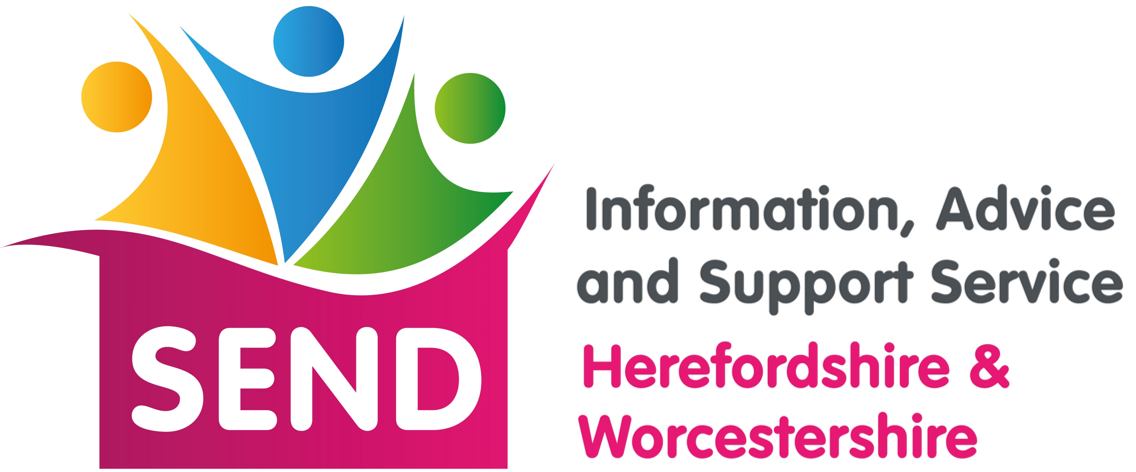
Concerned about your child's progress?
This information outlines what to do if you feel that your child is not developing as you expected or not making expected progress at their school or setting.
Early Years (0 to 5)
If you have concerns about your child’s development in the early years you can seek advice from:
Health Visitor
Health visitors are Specialist Public Health Nurses or midwives who work with communities and families to ensure that children grow up happy, healthy and safe and realise their full potential.
Your child will be allocated a health visitor from birth and you can contact them at any time with your concerns, until your child starts school. Health visitors work closely with Community Nursery Nurses who are also trained to assess development.
Both Health Visitors and Community Nursery Nurses may refer your child to other specialist health services including the Child Development Team (CDT), paediatricians, speech therapists etc.
Children’s Centre
A children’s centre is a place, or group of places, where local families with young children (under five years old) can go to enjoy facilities and receive support.
The support available at children’s centres focusses on parenting however, in some cases extra services, such as speech and language are available. If you are concerned about your child’s development a local children’s centre will be able to offer support and signpost you to relevant services.
GP
If you are concerned about your child’s development, you can ask for an appointment with your GP. They may refer your child to other specialist health professionals including paediatricians, physiotherapists or speech and language therapists.
Nursery
Early Years Practitioners use a framework called The Early Years Foundation Stage to track how your child is progressing against developmental norms. If your child attends a nursery you can ask to meet with your child’s key worker to discuss their progress.
You can also ask to speak to the setting’s Special Educational Needs Co-ordinator (SENCO). The SENCO is a member of staff who has responsibility for coordinating special educational needs provision in that setting.
If your child is identified as having special educational needs (SEN) they will receive SEN support. This means help that is additional to or different from the support generally given to other children of the same age.
For more information see our Early Years Webpage.
School
If you have concerns about your child’s progress in school, you can seek advice from:
Class teacher
Your child’s class teacher will be able to discuss your child’s progress, the support they are receiving in lessons and anything you can do to support your child at home.
SENCO
The Special Educational Needs Co-ordinator (SENCO) is a member of staff who has responsibility for coordinating special educational needs provision in that setting. If you feel that your child may have special educational needs, you can request a meeting with the SENCO to discuss SEN support.
School Nurse
School nurses are Specialist Public Health Nurses who ensure all children and young people aged 5-19 and their families get early help and support when they need it. They are supported by Community Staff Nurses and Health Care Support Workers.
School Health Nurses are available within High Schools at varying times for drop ins for older children and all schools will have a contact number for parent/ carers to make an appointment. School Health Nurses provide opportunities for children, young people and their families to access confidential advice and support relating to child development, health and wellbeing.
They can also signpost families to other services that may be of use. Schools will have a contact number for parent/carers who wish to make an appointment to discuss the health needs of their children.
GP
If you are concerned about your child’s development or health, you can ask for an appointment with your GP. They may refer your child to other specialist health professionals including paediatricians, physiotherapists or speech and language therapists.
If your child is identified as having special educational needs (SEN) they will receive SEN support. This means help that is additional to or different from the support generally given to other children of the same age. For more information see our What is SEND? webpage or SEND Support and EHCP webpage.
Download our factsheet
What to do if you are concerned about your child's progress (PDF)
Also in this section
- Concerned about your child's progress?
- What is SEND?
- SEND, Support and EHCPs
- Early years
- Choosing a school for a child with SEND
- Resolving disagreements or making a complaint
- Mediation and tribunal
- Education Otherwise Than at School (EOTAS)
- Transport
- Health

 Facebook
Facebook X
X Email
Email WhatsApp
WhatsApp Messenger
Messenger